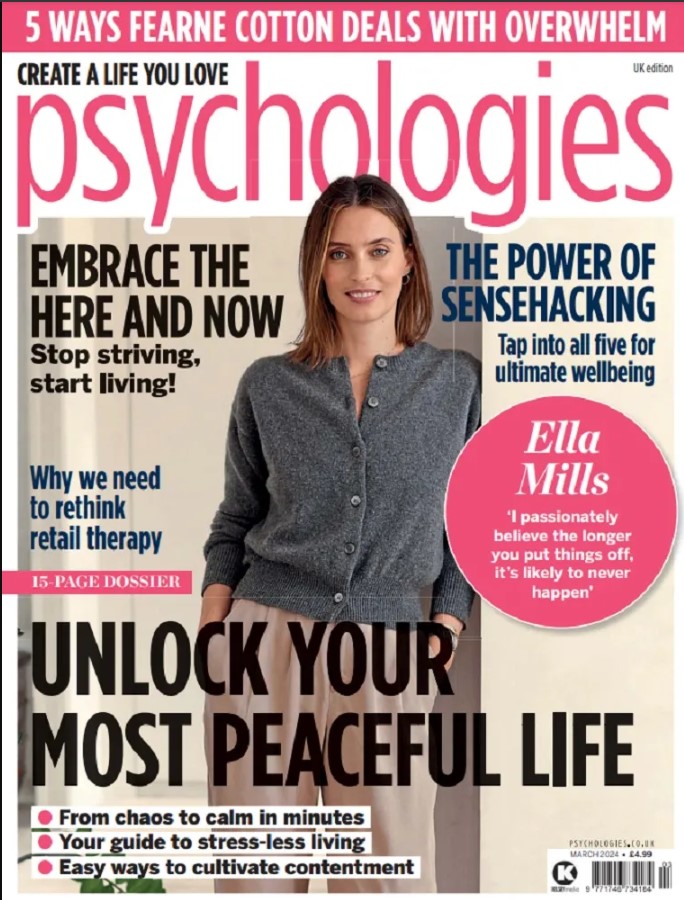Feeling anxious? Soothe your mind with RAIN
This blog sets out a technique called RAIN which you might find helpful to soothe the mind as it enables you to think about the present reality more calmly and with an enhanced sense of your ability to cope.

The term VUCA (volatile, uncertain, complex and ambiguous) hardly covers it as we respond to the worldwide outbreak of Covid-19. Individuals, organisations and governments are working out how best to adapt and cope when the regular pattern of life is utterly disrupted. As the shock of self-isolating and lonely reality of social distancing sets in it is vital that we focus on building the inner strengths that can help us through these dark times.
In this blog, we consider a simple yet powerful technique which can help us cope with the natural fear and anxiety that arise when we feel threatened.
Called RAIN, it is an ancient Buddhist way to cope with life’s difficulties which can help you endure hardship while encouraging a hopeful attitude for a better future. RAIN stands for Recognise, Acknowledge and Accept, Investigate, and Nurture. It is a form of mind scanning that can create clarity, encourage calm reflection and provide thinking space to choose how you respond.
The following model for RAIN is suggested by Tara Brach in her book Radical Compassion (2019) which is a recommended read if you wish to dig deeper into the process and benefits of this practice. Here’s how to apply it:
Preparation. You might like to prepare for this exercise by softly saying a Loving Kindness Meditation to settle you before you begin and again at the conclusion:
- May I be happy
- May I be healthy
- May I ride the waves of my life
- May I know love
- May I have peace
Recognise. Find a quiet and private space. Have a pen and paper to hand. Close your eyes. Focus on your breathing. Breath in for the count of 3, hold for the count of 4 then out for the count of 5. Do this at least twice. Now spend a few minutes tuning into your thoughts, notice them objectively then let them go without judgment. Open your eyes. Describe what you have seen without self-criticism. Naming your thoughts and emotions helps depersonalise them. For example, try replacing ‘I feel anxious’ with ‘There’s anxiety’. Now you are better equipped to deal with these feelings because you have a calm and objective viewpoint.
Acknowledge and Accept. Next acknowledge what you are experiencing, feeling and thinking. Accept it as the present reality. Allow yourself to be with it in a kind and loving way as you would with a friend. Accepting our current sensations, thoughts and emotions does not mean we are passively tolerating the things we do not like. Rather it allows us to recognise our humanity and the way things are right now. Then we can move on to what we can do about it.
Investigate. Ask yourself the following questions while maintaining a gentle curiosity: What do I need now? Who and what can support me? What resources (internal and external) are available to me now? Which of my strengths can I draw upon? What are some actions I could take to help myself? What is the first simple thing I can do that is within my control? Note down your answers so that you can come back to these at the conclusion of the exercise.
Nurture. Now reflect on what you have observed. It is not about suppressing or punishing yourself – it is a self-compassionate way of acknowledging that all your feelings are valid, but some are not helpful. What might be a more helpful emotion for you? Gently lead your mind in that direction. Take a few nourishing breaths then review what you have written and decide which actions you will take. It doesn’t need to be a big step just something that will boost your wellbeing and sense of self-efficacy.
It also helps to remember that thoughts and emotions are not who you are; they are part of an experience you are having. Applying RAIN takes courage and effort so be patient with yourself.
Here is a link to my blog on the Loving Kindness Meditation which provides more details on why this practice can be beneficial to your wellbeing. You might also like to read these tips from Mind, the mental health charity
Sources & Recommended Reading: Radical Compassion by Tara Brach, 2019
Beverly Landais PCC
Certified Personal & Team Coach: enabling people to be at their resourceful best
We live in an ever-changing dynamic world. At best, this can be exhilarating and provide excellent opportunities for personal growth. At worst, it can be exhausting and stressful as you try to do it all, which can lead to the feeling that you are doing nothing well. Maybe you are in such a situation? Perhaps you have reached a point where you long to create the life that you want rather than the one that is happening? If so, I may be the right coach to support you. My purpose is simple. I work with people to help them be at their resourceful best. I bring all of my expertise to the service of my clients. My skill set includes 30 years of experience in business, including board level. As a Professional Certified Coach and Positive Psychology Practitioner, I can help you to think your options through, make better choices and do the things that promote wellbeing, bring personal as well as professional satisfaction and make you happy. I am particularly skilled in supporting those who are at a crossroads in their life. My coaching approach can help you gain a clear understanding of your values, motivators, drivers, strengths and consider the impact of blind spots – and what you can do to mitigate these. I work via video calls, by phone and email. Should you wish to arrange a 30-minute complimentary discovery session, please contact me via connect@beverlylandais.co.uk



